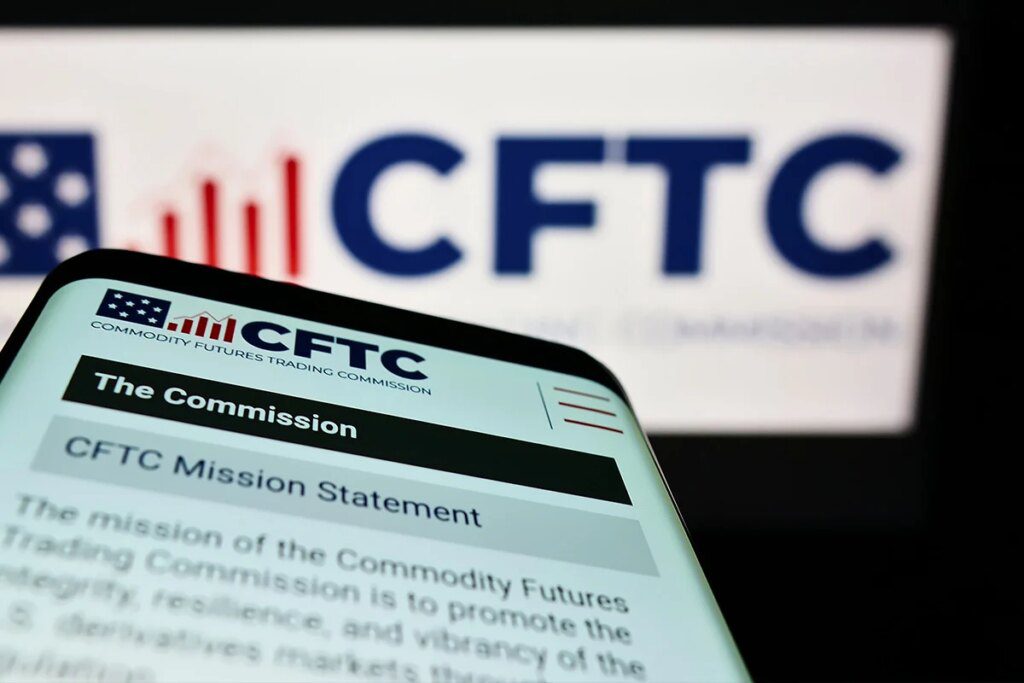TLDR
- Jeff Park sees the CFTC as a better solution for regulating crypto markets than the SEC.
- Park supports the CFTC’s role in managing capital efficiency in crypto markets.
- The CFTC overseeing crypto markets makes sense, given its experience in the commodities space.
- Regulatory clarity will drive innovation and bring new developments to the crypto space.
The ongoing debate over cryptocurrency regulation in the United States gains clarity with recent remarks from Jeff Parkinvestment director at ProCap BTC. Speaking in an interview with crypto entrepreneur Anthony Pompliano, Park expressed his belief that the Commodity Futures Trading Commission (CFTC) should play a greater role in monitoring the cryptocurrency market compared to the United States Securities and Exchange Commission (SEC).
Park’s comments come amid growing discussions over the regulatory structure of crypto assets in the United States, particularly in light of the new crypto market structure bill. According to Park, it makes sense that the CFTC play a more dominant role, given the emphasis on financial innovation and capital efficiency management, particularly in areas such as derivatives and leveraged products.
The role of the CFTC in financial innovation
Park emphasized that the CFTC is well suited to regulate the crypto market due to its experience in commodities and derivatives. “THE CFTC is in the field of financial innovation,” Park noted, adding that his work aligns with the goals of the crypto industry, which seeks to develop a new settlement layer introducing greater capital efficiency.
He explained that the crypto market shares similarities with traditional commodity markets, particularly regarding the need for efficient capital management and investment leverage. In this regard, the CFTC already knows the dynamics at play and could provide the necessary oversight as the crypto landscape evolves.
Treating crypto like a global commodity
In his interview, Park highlighted the international nature of cryptocurrency markets, emphasizing that crypto’s classification as a commodity corresponds to its global use. He suggested that the CFTC’s extensive expertise in regulating commodities internationally positions the agency as the ideal candidate to oversee crypto markets.
According to Park, the SEC has historically focused more on U.S.-domiciled securities. On the other hand, the CFTC The ability to regulate global commodities makes it a better choice for overseeing crypto, which operates without geographic boundaries. “It makes sense that the CFTC is the regulator that can look at the broader section of global commodity markets,” Park added.
Legislative movement towards clearer crypto regulation
The conversation around crypto market oversight comes at a time when U.S. lawmakers are working to establish clearer regulatory guidelines. Senators John Boozman and Cory Booker recently proposed a crypto market structure bill, which suggests the CFTC should regulate spot trading of digital commodities.
Boozman, who is also chairman of the Senate Agriculture Committee, stressed the need for a clear framework to foster innovation while ensuring consumer protection.
Park supported this approach, saying it would lead to clearer regulations that could encourage more innovation in the crypto space, including decentralized finance (DeFi) protocols. He emphasized that regulatory clarity would create a conducive environment for the growth of various crypto-related innovations.
The Future of CFTC and SEC Leadership
The discussion over who will ultimately lead the CFTC in the long term also plays a role in the ongoing conversation about crypto regulation. Michael Selig, who is currently the lead attorney for DRY The Crypto Working Group is nominated to chair the CFTC. His nomination will be considered by US senators in the coming weeks.
Currently, Caroline Pham serves as Acting Chair of the CFTC. The outcome of the executives’ decision will play a role in shaping the direction of regulation of the crypto market in the United States.




